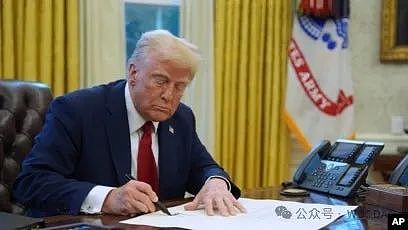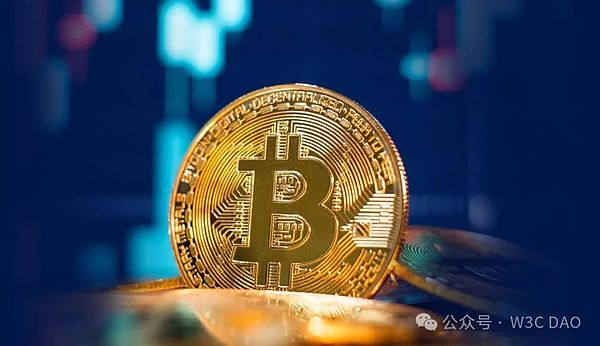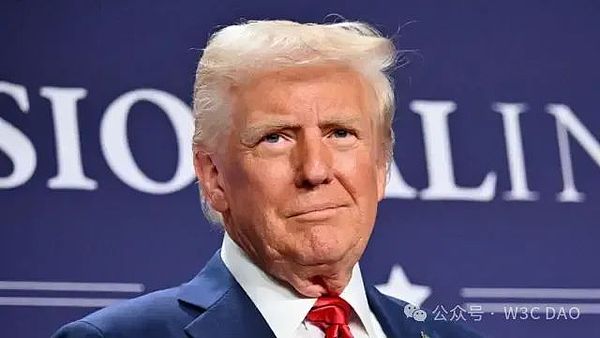Author: W3C DAO
Tariff Stick
Previously, US President Trump signed a tariff order imposing an additional 25% tariff on imports from Canada and Mexico, and a 10% tariff on energy resources from Canada. The White House said that if the US tariffs are retaliated, the US may increase the tariff intensity.
In addition, according to Xinhua News Agency, the White House said that on all goods imported from the mainland, the US will impose an additional 10% tariff on the existing tariffs. Trump said this is in line with the "protectionist measures" he supports.
Affected by Trump's tariff policy, the Japanese and Korean stock markets plummeted on Monday. The Nikkei 225 index closed at 38,520.09 points on February 3 (Monday), down 1,052.40 points or 2.66%; the KOSPI index in South Korea closed at 2,453.33 points on February 3 (Monday), down 64.04 points or 2.54%.
According to Coinglass data, in the past 24 hours, the entire network has been liquidated for $2.119 billion, of which $1.78 billion was long liquidation and $270 million was short liquidation. A total of 718,513 people were liquidated globally. The largest single liquidation occurred on Binance-ETHBTC, worth $25.635 million.

According to Jinse, Goldman Sachs strategist said that due to the impact of the latest round of tariffs by the Trump administration on earnings forecasts, the US stock market may fall by 5% in the next few months.
Goldman Sachs strategist David Kostin wrote in a report: "These statements have shocked many investors who expected tariffs to be imposed only in the event of a failed trade negotiation. Our economists see an uncertain outlook, but believe the tariffs on Canada and Mexico are likely to be temporary."
Kostin further stated that if the new tariffs continue, they will reduce his earnings forecast for S&P 500 index companies by about 2% to 3%, without considering the impact of further tightening of the financial environment or changes in consumer and corporate behavior. He also warned that the fair value of the S&P 500 index may fall by about 5% in the short term due to the double blow to earnings and stock valuations.
Diverse Opinions
Bernstein, an analysis firm, said in a report to clients: "If tariffs mean a stronger dollar, rising inflation and a weaker outlook for rate cuts in the near term, this implies a decline in global liquidity for risk assets. In the longer term, as governments take on higher debt and deficits, leading to further currency devaluation, Bitcoin has relative value against the dollar, which is evident in Bitcoin's long-term compounding history. But in the short term, Bitcoin is correlated with risk assets. Therefore, the sell-off in cryptocurrencies is not surprising."

The Bernstein analyst believes that in the long run, the Trump administration sees cryptocurrencies as strategically important to government governance and national finances, aiming to control inflation through deficit reduction, cost reductions in the government efficiency department led by Elon Musk, and increased energy production. Although foreign governments may retaliate by selling US Treasuries.
But Bernstein expects sovereign states to hoard gold and Bit as economic buffers, and the US will lead the transition to support cryptocurrencies, with more countries likely to follow suit.
However, Jeff Park, Chief Strategist at Bitwise Alpha, said that tariffs may only be a temporary tool, but the long-term conclusion is that Bit will not only rise, but rise faster, because both sides of the trade imbalance equation want Bit, so the ultimate result is the same: higher prices, faster.
Petr Kozyakov, CEO of the cryptocurrency payment platform Mercuryo, pointed out that after Trump announced the tariffs on Friday, a wave of FUD swept through the cryptocurrency market, shaking all global markets with the prospect of long-term interest rate hikes. Although Bit has fallen below the $100,000 mark, the king of cryptocurrencies has once again proven its uniqueness, in stark contrast to the across-the-board decline of Altcoins.

Stani Kulechov, founder of Aave, said: "Tariffs will raise funds for the US and increase domestic production, and will also raise funds for other countries and increase their domestic production, making each country participate in the competition of domestic production, which is not an economic recession, but a reorganization of the entire global economy. For those who see stock market crashes and uncertainties during the transition period, Bit will play a hedging role, and for those who want to reduce the uncertainty of bond market crashes, DeFi yields will also play a hedging role."
Looking Ahead
Looking ahead, the global economy will continue to adjust and restructure under the influence of tariff policies and cryptocurrencies. As governments seek a balance between trade protectionism and digital asset strategies, market uncertainty and volatility may increase.
However, this also provides new opportunities for Bit and decentralized finance (DeFi) as tools to hedge traditional financial market risks. In the future, we may see more countries adopt Bit and other crypto assets as economic buffers, driving the global financial system towards a more diversified and innovative direction.






